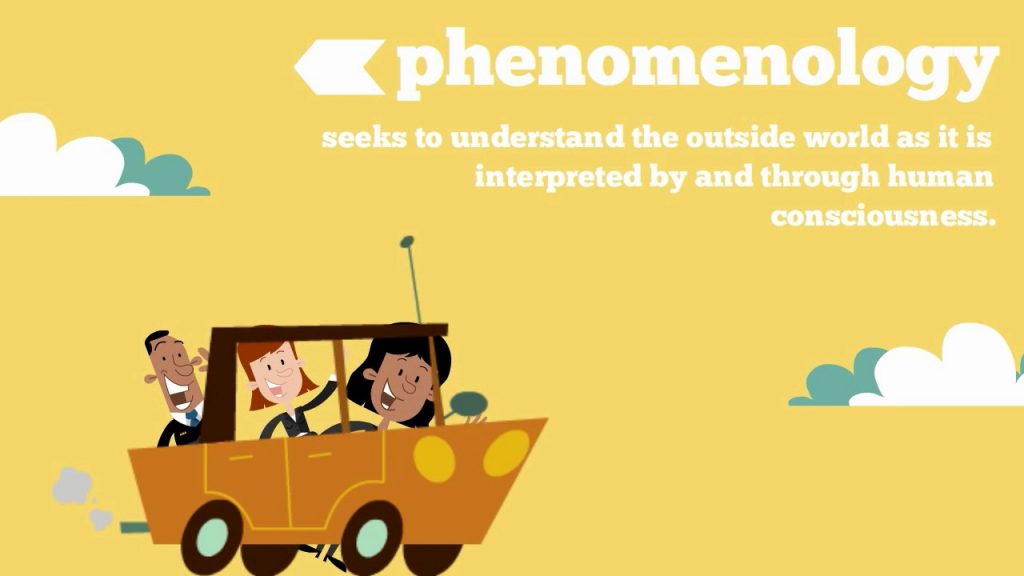Relevance: Sociology paper I
Phenomenological perspectives in sociology argue that the subject matter of the social and natural sciences is fundamentally different. As a result the methods and assumptions of the natural sciences are inappropriate to the study of man.
The natural sciences deal with matter. To understand and explain the behaviour of matter it is sufficient to observe it from the outside. Atoms and molecules do not have consciousness. They do not have meanings and purposes which direct their behaviour. Matter simply reacts ‘unconsciously’ to external stimuli; in scientific language it behaves. As a result the natural scientist is able to observe, measure, and impose an external logic on that behaviour in order to explain it. He has no need to explore the internal logic of the consciousness of matter simply because it does not exist.
- Unlike matter, man has consciousness-thoughts, feelings, meanings, intentions and an awareness of being. Because of this, his actions are meaningful; he defines situations and gives meaning to his actions and those of others. As a result, he does not merely react to external stimuli, he does not simply behave, he acts.
For Example, imagine the response of early man to fire caused by volcanoes or spontaneous combustion. He did not simply react in a uniform manner to the experience of heat. He attached a range of meanings to it and these meanings directed his actions.
For example he defined fire as a means of warmth and used it to heat his dwellings; as a means of defence and used it to ward off wild animals; and as a means of transforming substances and employed it for cooking and hardening the points of wooden spears. Man does not just react to fire; he acts upon it in terms of the meanings he gives to it.
- If action stems from subjective meanings, it follows that the sociologist must discover those meanings in order to understand action. He cannot simply observe action from the outside and impose an external logic upon it. He must interpret the internal logic which directs the actions of the actor.
- Max Weber was one of the first sociologists to outline this perspective in detail. He argued that sociological explanations of action should begin with ‘the observation and theoretical interpretation of the subjective “states of minds” of actors’.
Analysis
As the previous section indicated, interactionism adopts a similar approach with particular emphasis on the process of interaction. While positivists emphasize facts and cause and effect relationships, interactionists emphasize insight and understanding. Since it is not possible to get inside the heads of actors, the discovery of meaning must be based on interpretation and intuition.
For this reason objective measurement is not possible and the exactitude of the natural sciences cannot be duplicated. Since meanings are constantly negotiated in ongoing interaction processes it is not possible to establish simple cause and effect relationships. Thus some sociologist argues that sociology is limited to an interpretation of social action and phenomenological approaches are sometimes referred to as ‘interpretive sociology’.
A number of sociologists have argued that the positivist approach has produced a distorted picture of social life. They see it as tending to portray man as a passive responder to external stimuli rather than an active creator of his own society. Man is pictured as reacting to various forces and pressures to economic infrastructures and the requirements of social systems.
Peter Berger argues that society has often been viewed as a puppet theatre with its members portrayed as ‘little puppets jumping about on the ends of their invisible strings, cheerfully acting out the parts that have been assigned to them’. Society instills values, norms and roles, and men dutifully respond like puppets on a string. However, from a phenomenological perspective man does not merely react and respond to an external society, he is not simply acted upon, he acts. In his interaction with others he creates his own meanings and constructs his own reality and therefore directs his own actions.




Nice